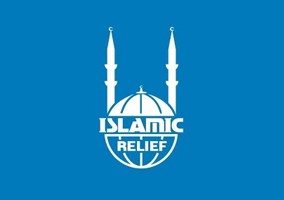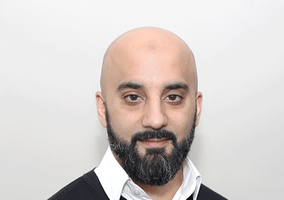Islamic Relief Worldwide (IRW) has appointed an independent commission to review its trustee vetting practices, after two board members resigned over antisemitic social media posts.
Heshmat Khalifa and Almoutaz Tayara stepped down in July and August respectively, after The Times reported that they had posted antisemitic comments on social media in 2014 and 2015, before becoming trustees.
Former attorney general and Conservative MP Dominic Grieve will chair the commission, and be supported by Sir Clive Jones, former chair of the Disasters Emergency Committee .
The commission is due to report back in January 2021.
Impartiality
Last month, IRW appointed a new board – not in response to the resignations but as part of a planned reform of its governance, the charity said. Appointing the independent commission was the new board’s first act.
The commission will start working immediately and look at “trustee screening and vetting policies and practices of all Islamic Relief entities and associated organisations”.
Khaleel Desai, head of governance at IRW, told Civil Society News that Grieve was chosen to lead the commission because of his legal background, and that he also “brings a huge amount of objectivity and impartiality”.
Long political and legal experience
Grieve was an MP for more than 20 years. He served as attorney general for England and Wales from 2010 to 2014 and was chair of the Intelligence and Security Committee from 2015 to 2019.
He lost the Conservative whip after voting against Boris Johnson’s government in September 2019, and was not reelected at the December election, when he ran as independent candidate.
Grieve included Jones in the commission because of his experience in the charity and humanitarian sector. No other members have been appointed yet, but Grieve will be able to bring in other experts.
IRW is employing Grieve’s services as a barrister. Desai could not say how much the charity will be looking to spend on the review. He said it has not been yet decided how much “further input” the commission may need, but that IRW is “absolutely aware that we must keep costs down”.
Standards of conduct on social media
The independent commission’s remit will not be limited to trustee vetting. Desai said that the charity wants to look at what it’s doing right and what needs improving in terms of vetting processes, as well as get advice on how to maintain the exemplary standards of conduct throughout.
He added: “What we're also looking for the commission to do is help us understand what other international charities are doing, particularly for this very difficult issue around social media. How do we ensure that statements and comments made fleetingly on social media still maintain the standards and expectations of a humanitarian organisation like Islamic Relief?”
Shared learnings
Desai could not say whether the commission’s entire report will be made public, but said IRW is committed to sharing learnings with the entire sector.
He said: “Like with any reports, there are elements of it that we may need [to hold back] – because of data protection or other issues.
“There are certainly elements of it that we are absolutely looking to share, and to help others benefit from the learnings.”
‘Encouraged by the openness and honesty of Islamic Relief’
Dominic Grieve said: “I have been encouraged by the openness and honesty of Islamic Relief about recent events, as well as its determination to learn lessons and take responsibility as an organisation.
“This is an important commission with a clear remit. I look forward to the challenge of advising and informing an organisation whose humanitarian footprint and impact is considerable.”
Dr Ihab Saad, chair of the IRW board, said: “In setting up this independent commission we were very keen to secure independent, credible and well-respected third-party leadership for what needs to be a fundamental review of Islamic Relief’s practices.
“It is also critical that the independent commission is able to assist Islamic Relief in maintaining its principled and value-based mission, underpinned by humanitarian principles.”











